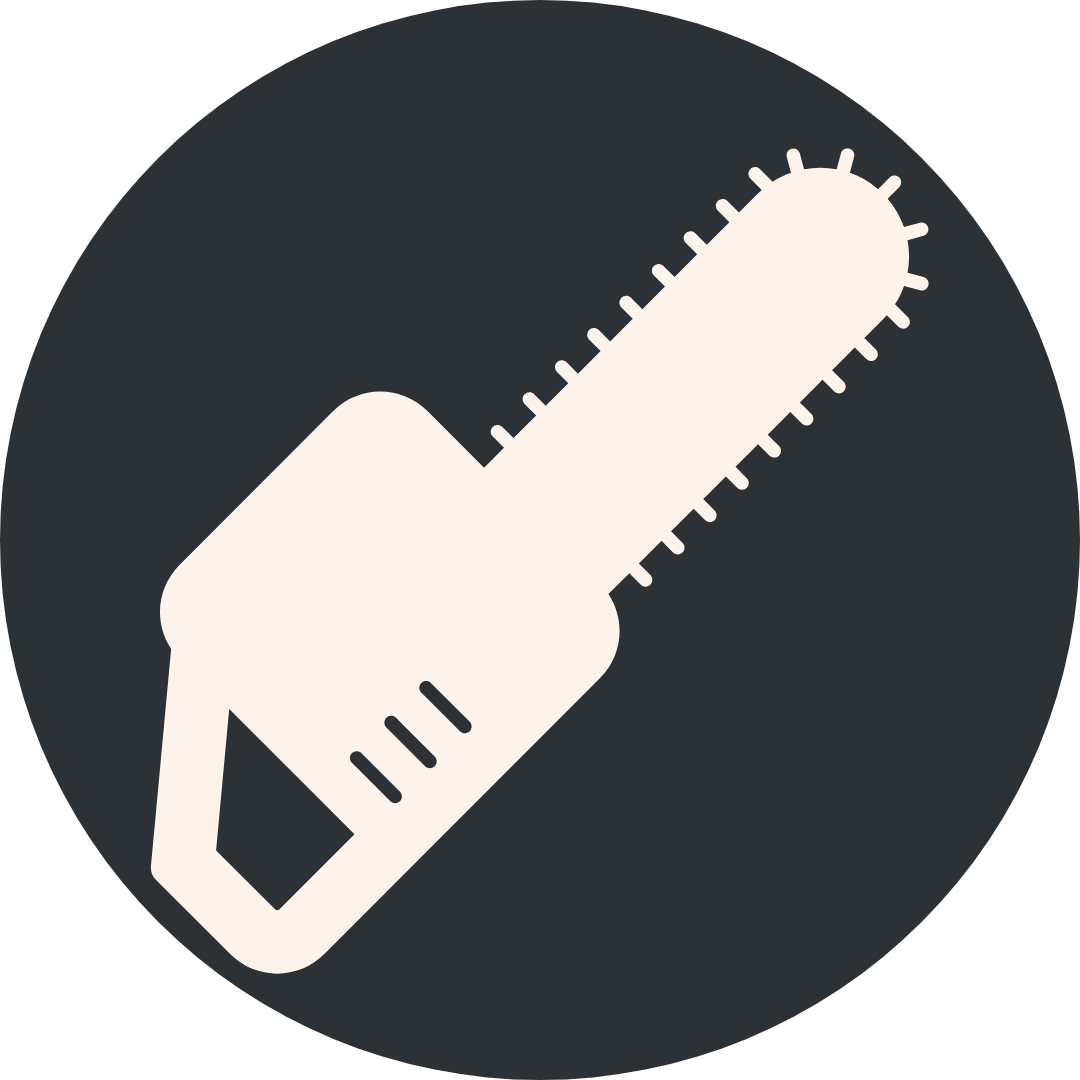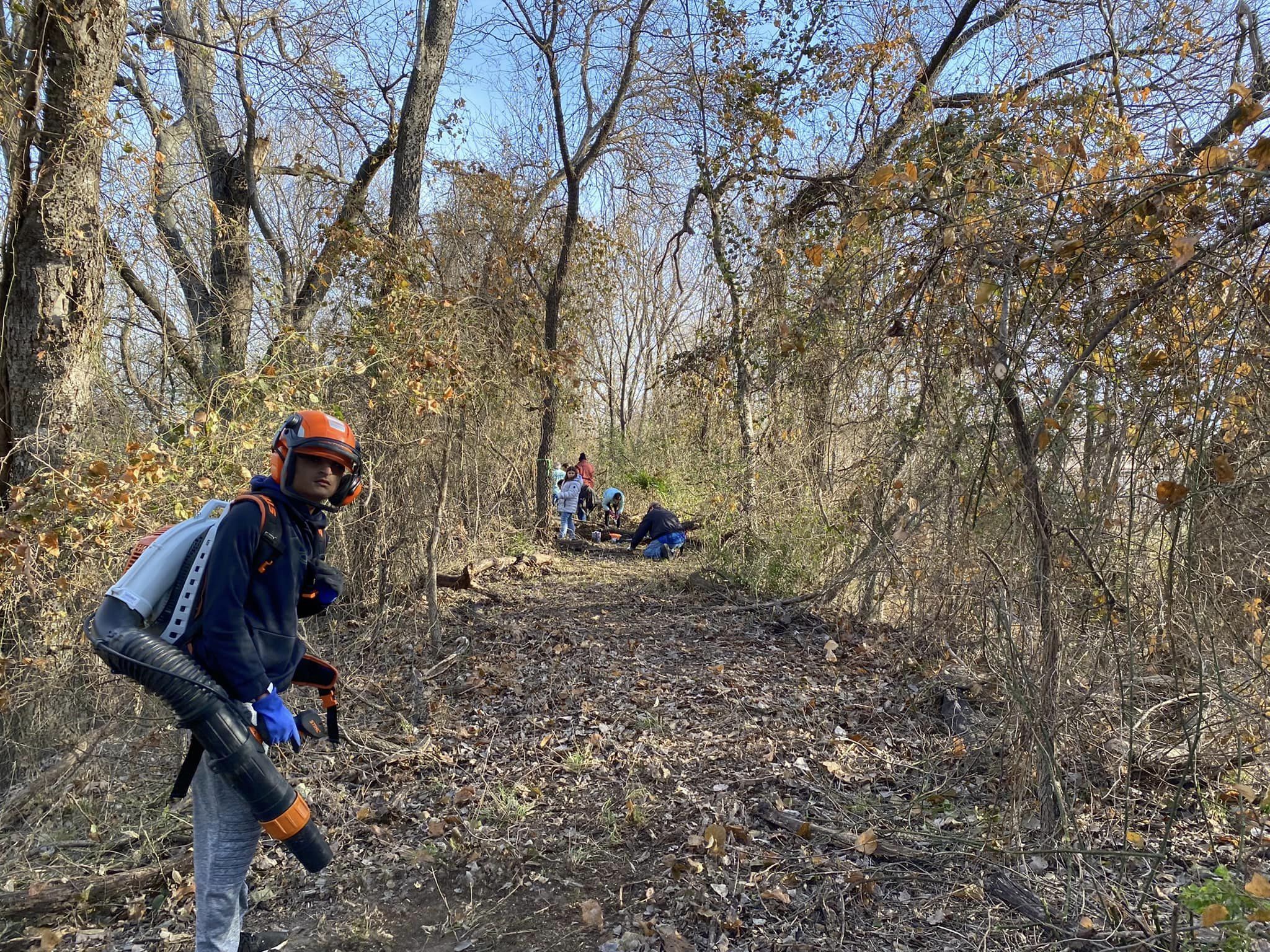We’re interested in beautifying our parks within safety and reason and aim to protect not only wildlife and the native ecoregion, but also you, your health and safety, while we’re at it.



There are a few things to keep in mind when it comes to volunteer dates moving forward:
Get Certified Prior to the Volunteer Event
Either the Wednesday prior to the Volunteer Work Day or at 7:15 AM the morning of Volunteer Work Days we will have training sessions where Volunteers can get certified to utilize tools which are required to have training and safety going forward. This date will vary.
Be sure to keep up to date with the most recent scheduled training times.
Sign up here to become a Trail Lead
Email mckinneyparksfoundation@gmail.com to schedule a time to get certified to utilize certain tools.
Please note: Not all of these tools are present every Work Day. We encourage volunteers to bring their own tools labeled with their name and to bring their own work gloves and protective equipment, especially if you’re bringing a heavy duty tool.
 Protective equipment
Protective equipment
Before starting any project, make sure everyone is properly outfitted with personal protective equipment, such as:
- work gloves
- safety glasses
- safety helmets
- earplugs or muffs
- steel-toed shoes
- protective aprons
- safety face shields
- other personal safety equipment as defined by OSHA standards
Each tool will have manufacturer-recommended safety gear, so check the product manual if you aren’t sure whether to require safety glasses, for example.
 OK for all Volunteers
OK for all Volunteers
These tools are approved for all Volunteers to use during service projects — but use safety gear when appropriate:
- Leaf/grass rake
- Hoe
- Shovel
- Hand clipper (small)
- Screwdrivers
- Nail hammer
- Handsaw
- Trowel
- Hose spray washer
- Wood sanding block (handheld)
- Wood chisel
- Pocketknife
 OK for Volunteers age 14 and older
OK for Volunteers age 14 and older
The guidelines recommend that Volunteers be 14 or older to use the following during service projects (with proper safety gear):
- Pickaxe
- Mattock
- Posthole digger
- Wheel cart (1-, 2-, or 4-wheeled)
- Paint roller with extension pole
- Screwdriver (electric)
- Handheld sander (small)
- Cutting tools (e.g., Dremel, small)
- Paint sprayer (small, less than 50 psi)
- Leaf/grass blower (electric, gas-powered)
 OK for Volunteers age 16 and older
OK for Volunteers age 16 and older
The guidelines recommend that Scouts be 16 or older to use the following during service projects (with proper safety gear):
- Residential lawn mower (self-propelled, riding)
- Commercial lawn mower (push, self-propelled, riding)
- Line trimmer (electric, gas-powered)
- Edger (electric, gas-powered)
- Hedge trimmer (electric, gas-powered)
- Belt sander (electric, cordless)
- Pressure washer (50 to 100 PSI)
 OK for adults only (age 18 and up)
OK for adults only (age 18 and up)
If a service project requires any of the following, that’s OK. But their use should be by adults only (18 and up), according to the guidelines:
- Circular, reciprocating, jig, or radial saw
- Band and scroll saws
- Router/planer
- Chain saws
- Log splitters
- Wood chippers
- Pole saw (electric / gas powered)
- Zero-turn mowers
- Steel blade trimmer
- Gator/Ranger
For a more in depth look at our most commonly used tools, their required safety equipment, and the proficiencies needed to utilize, please check out the MPF Safety Certification Power Tool List.
Items not listed here
If something isn’t in the list, start by consulting the owner’s manual for the product. Out on the volunteer day you may need “Qualified Supervision”, so be sure to ask a Team Lead or Trail Lead.

Working at heights and elevations (ladders, scaffoldings)
- Step stools: OK for any age, as long as they have one or two steps and the total height is 4 feet or less
- Above 4 feet: Ladders up to 6 feet are OK for youth age 14 or older
- On scaffolds (above 4 feet): Age 18 or older only
Open platforms (above 4 feet) with proper fall protection: Age 18 or older only
